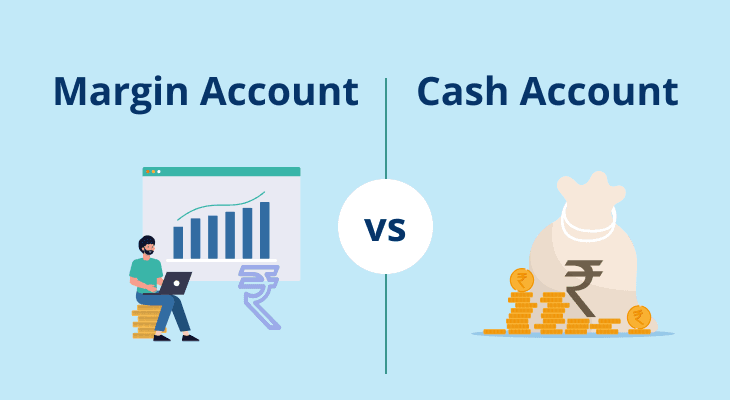
What is Non Repatriable Demat A/c?
In India, there are three different demat account types - non-repatriable demat accounts, repatriable demat accounts and regular demat accounts. Both the non-repatriable and repatriable accounts are exclusively for Non-Resident Indians (NRIs), whereas regular demat accounts are for Resident Indians.
If you’re an NRI intending to invest in the Indian stock market, you need to know what a non-repatriable demat account is and how it differs from a repatriable account. Here’s a comprehensive guide that can provide you with some clarity.
What is a Non-Repatriable Demat Account?
A demat account that’s linked with a Non-Resident Ordinary (NRO) bank account is termed a non-repatriable demat account. Wondering what an NRO bank account is? Here’s a quick overview.
Every non-resident Indian with income from India is mandatorily required to open a Non-Resident Ordinary (NRO) bank account. Although you can deposit both foreign earnings and Indian earnings into this bank account, the funds that are in this account cannot be freely repatriated (transferred) to your resident country.
According to the rules and regulations of the Reserve Bank of India (RBI), the maximum limit of repatriation from an NRO bank account is capped at $1 million per financial year. Additionally, the principal amount and interest earned on the bank account are subject to Tax Deducted at Source (TDS) at the rate of 30%.
Since a non-repatriable demat account is linked to an NRO bank account, the sale proceeds of investments held in such a demat account cannot be freely transferred to a bank account located abroad. If you wish to repatriate, you can transfer only up to $1 million per financial year and that too after paying taxes on the repatriable amount.
What is the Difference Between Repatriable and Non-Repatriable Accounts?
There are two primary points of difference between repatriable and non-repatriable demat accounts. Firstly, a repatriable demat account is linked with a Non-Resident External (NRE) bank account, whereas a non-repatriable demat account is linked with a Non-Resident Ordinary (NRO) bank account.
And secondly, the sale proceeds of investments held in a repatriable demat account can be freely transferred to a bank account located abroad without any restrictions whatsoever. However, free repatriation of sale proceeds of investments held in a non-repatriable demat account is not possible. Furthermore, the maximum amount that can be transferred to a foreign bank account is restricted to $1 million per financial year.
Non-Repatriable Demat Account - Key Facts
To sum up, here’s a list of key facts about non-repatriable demat accounts.
A non-repatriable demat account must mandatorily be linked with a Non-Resident Ordinary (NRO) bank account.
The principal amount and returns from investments in a non-repatriable demat account are subject to Tax Deducted at Source (TDS) at the rate of 30%.
The transfer of sale proceeds of investments in a non-repatriable demat account is capped at $1 million per financial year after the payment of requisite taxes.
Documents Required to Open a Non-Repatriable Demat Account
As an NRI investor, you need to be aware of the list of documents that you need to submit to open a non-repatriable demat account. Let’s take a quick glimpse of some of these documents.
A copy of your PAN Card
Passport size photographs
A copy of your passport along with the visa pertaining to the current country of residence
A copy of your PIO (Person of Indian Origin) card or OCI (Overseas Citizenship of India) card
A copy of your identity Proof
A copy of your Indian as well as foreign address proof
A copy of your income proof - salary slips, Form 16 or latest Income Tax Returns (ITR) with computation of income
A cancelled cheque leaf or a latest certified bank statement of your NRO bank account
A duly filled and signed FEMA declaration form
Note: All of the documents that you need to submit must be self-attested by you. Furthermore, depending on the Depository Participant (DP), you may be asked to submit a few other documents in addition to the list mentioned above.
Conclusion
If you’re an NRI investor intending to keep the sale proceeds from Indian investments within India, opening a non-repatriable demat account may just be the ideal way to go.
However, if you plan to transfer the sale proceeds from Indian investments to a foreign bank account, you may need to open a repatriable demat account since it would allow you to freely repatriate funds without any restrictions.
Alternatively, you may also choose to open both repatriable and non-repatriable demat accounts. This way, you can hold both repatriable and non-repatriable investments without having to worry about restrictions.
Note: m.Stock offers regular demat accounts and does not offer NRI demat accounts.


